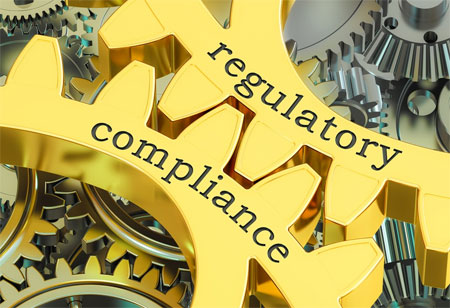CLOSE
Specials
- Trading Solutions APAC
- Wealth Management MENA
- CPA Firms Canada
- Financial Risk Management APAC
- Investment Banking APAC
- Corporate Advisory APAC
- Regtech APAC
- Escrow Services
- Digital Banking Latam
- Investment Advisory APAC
- Treasury Management Europe
- RegTech Europe
- Financial Risk Management Europe
- Mortgage Broker
- Financial Licensing Europe
- RIA Advisory Europe
- FinTech Canada
- Financial Asset Management APAC
- Financial Health Europe
- Trading
- Investment Services Europe
- Lending Mangment Latam
- Payment Solution Europe
- Broker Dealer Firms Canada
- Alternative Investments Canada
- Financial Fraud
- Investment Management Latam
- Investment Banking Canada
- Lending Management
- Payment Solution
- Proprietary Trading Europe
- Wealth Management
- FinTech
- Financial Brokerage Firm APAC
- Investment Advisory Europe
- Claim Adjusting
- Claim Adjusting APAC
- Mergers and Acquisitions Consulting APAC
- Equipment Financing
- CPA Firms
- Mergers and Acquisitions Consulting Canada
- Investment Services
- Valuation Services Canada
- Wealth Management APAC
- Broker Dealer Firms
- Debt Collection Agencies
- Mergers and Acquisitions Consulting
- FinTech Europe
- Fintech Latam
- Financial Planning / Retirement
- Investment Management
- Financial Compliance
- Payment and Card Latam
- Financial Marketing
- Investment Services Latam
- Digital Insurance Europe
- Alternative Investments
- Trading Solutions Europe
- Tax Advisory Canada
- Mergers and Acquisitions Consulting Latam
- Wealth Management Latam
- Digital Banking Europe
- Business Loan
- Financial Portfolio Management Canada
- Financial Restructuring Europe
- Mergers and Acquisitions Consulting Europe
- Wealth Management Europe
- Debt Collection Agencies Europe
- CFO Services
Weekly Brief
×Be first to read the latest tech news, Industry Leader's Insights, and CIO interviews of medium and large enterprises exclusively from Financial Services Review
Thank you for Subscribing to Financial Services Review Weekly Brief
How Technology Solves Challenges in Regulatory Compliance
Banks are counting on technologies to conform to the ever-changing regulatory compliance.

By
Financial Services Review | Tuesday, May 26, 2020
Stay ahead of the industry with exclusive feature stories on the top companies, expert insights and the latest news delivered straight to your inbox. Subscribe today.
Banks are counting on technologies to conform to the ever-changing regulatory compliance.
FREMONT, CA: Financial institutions are experiencing a proverbial storm when it comes to the issue of regulatory compliance. As issues of financial fraud rise, regulatory authorities are coming forward with stringent norms to prevent escalating risks across the banking sector. Technology is proving to be a major enabler in helping banks rise to the occasion and deliver compliance goals. Among banks, the demand for technology-backed compliance management is such that, there has been the emergence of Regtech companies. Banks leverage digital solutions developed by regtech companies to make regulatory compliance convenient.
Banks are facing a host of challenges with the rapidly evolving regulatory norms. The entry points for data have multiplied, making it difficult for banks to regulate data flow, or assess the vast volumes of information that pass through the systems throughout the day. The multiple channels of accessing services have also created difficulties in producing single customer identities, which makes legacy authentications processes insufficient. Software solutions that are conventionally used by banks to monitor suspicions are prone to frequent false-positive alerts, resulting in inefficiencies. Mandatory processes which are effort-intensive are error-prone, resulting in compliance complications. A bulk of these problems can be solved with the effective use of tools from regtech companies.
Advanced technologies have the potential to streamline banking processes and align them to facilitate regulatory compliance. Digital data management solutions effectively sort through data, enable tagging, and deposit them in digital repositories. The elements of transparency that such solutions bring are crucial from the perspective of compliance. With AI and ML, regtech solutions have enabled intelligent and automated monitoring capabilities that are less affected by false alerts. Auditing and reporting capabilities of regulatory solutions have also improved, resulting in highly insightful reports.
Together, these technological capabilities are adding an analytical edge to banking firms’ strategies for regulatory compliance. The self-learning engines driving the regtech solutions are also capable of responding to changes in the regulatory frameworks, ruling out the need for banks to modify or replace existing capabilities.

Copyright © 2025 Financial Services Review. All rights reserved






